Protests in Serbia over Covid-19 curfew
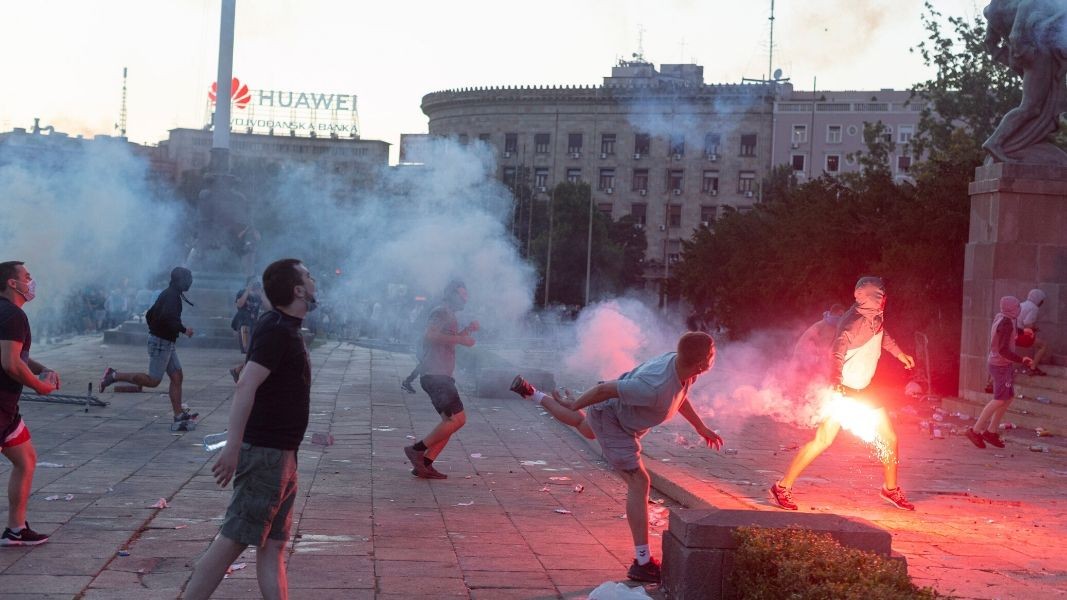 The surge in coronavirus cases in Belgrade, and the more than 4,000 people admitted to hospital, prompted Serbia’s President Aleksandar Vucic to announce his intention of reintroducing curfew for the coming weekend. However this triggered riots in the centre of the Serbian capital Belgrade and clashes with the police in other big cities like Nis and Novi Sad, with the demonstrations evolving into anti-government protests.
The surge in coronavirus cases in Belgrade, and the more than 4,000 people admitted to hospital, prompted Serbia’s President Aleksandar Vucic to announce his intention of reintroducing curfew for the coming weekend. However this triggered riots in the centre of the Serbian capital Belgrade and clashes with the police in other big cities like Nis and Novi Sad, with the demonstrations evolving into anti-government protests.
Turkey imposes controlled social life measures during pandemic
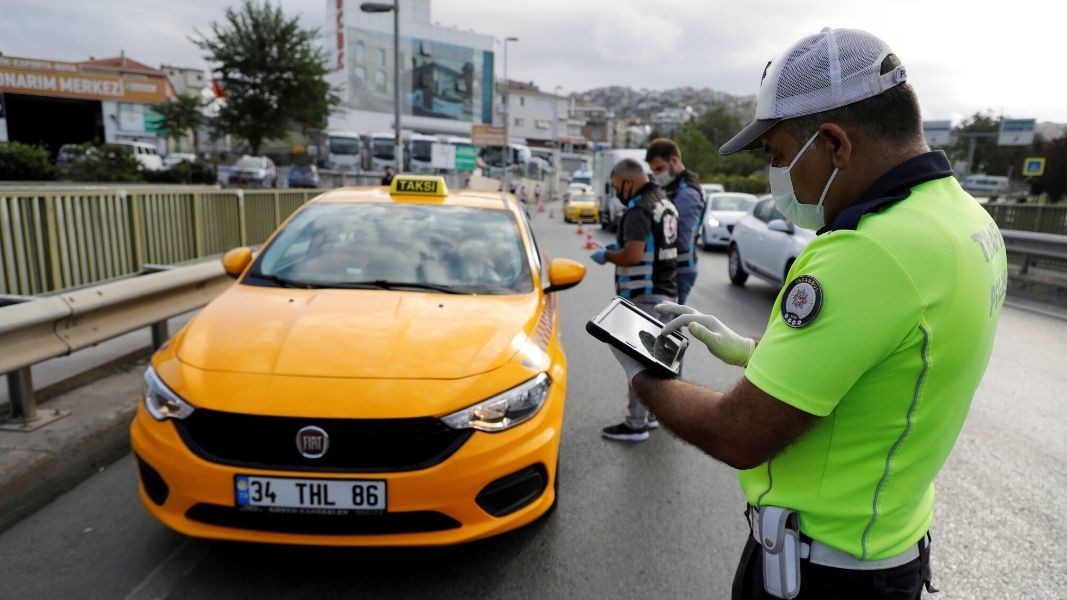 No ban on leaving the home will be imposed during the religious holiday Kurban Bayrami, but there will be enhanced checks in all 81 provinces of Turkey to control the observance of the anti-coronavirus requirements. The Ministry of Interior has sent wilayahs special instructions on how to act at this time. There will be widespread mask wearing and distancing checks – in taxis, at markets, in public transport vehicles and catering establishments, at beaches and even wedding salons. Health Minister Fahrettin Koca wrote on Twitter: If today we live as if there is no epidemic, tomorrow we shall regret it. I wish everyone days of caution.
No ban on leaving the home will be imposed during the religious holiday Kurban Bayrami, but there will be enhanced checks in all 81 provinces of Turkey to control the observance of the anti-coronavirus requirements. The Ministry of Interior has sent wilayahs special instructions on how to act at this time. There will be widespread mask wearing and distancing checks – in taxis, at markets, in public transport vehicles and catering establishments, at beaches and even wedding salons. Health Minister Fahrettin Koca wrote on Twitter: If today we live as if there is no epidemic, tomorrow we shall regret it. I wish everyone days of caution.
56% of all Covid-19 cases in Greece in July are foreign tourists
 Greece will increase the number of coronavirus tests performed at the Promachonas checkpoint on the border with Bulgaria, the main entrance point into the country from the Balkans. This decision was made after 36 people, tested at the border on 6 July, and another 17, tested on 7 July, proved positive for Covid-19. According to the border police, around 90% of all people entering the country were checked and tested before being allowed into Greece, the aim being to reach 100%. Traffic on Tuesday and Wednesday was considerably less congested.
Greece will increase the number of coronavirus tests performed at the Promachonas checkpoint on the border with Bulgaria, the main entrance point into the country from the Balkans. This decision was made after 36 people, tested at the border on 6 July, and another 17, tested on 7 July, proved positive for Covid-19. According to the border police, around 90% of all people entering the country were checked and tested before being allowed into Greece, the aim being to reach 100%. Traffic on Tuesday and Wednesday was considerably less congested.
Persons entering North Macedonia from former Yugoslav republics required to have PCR test
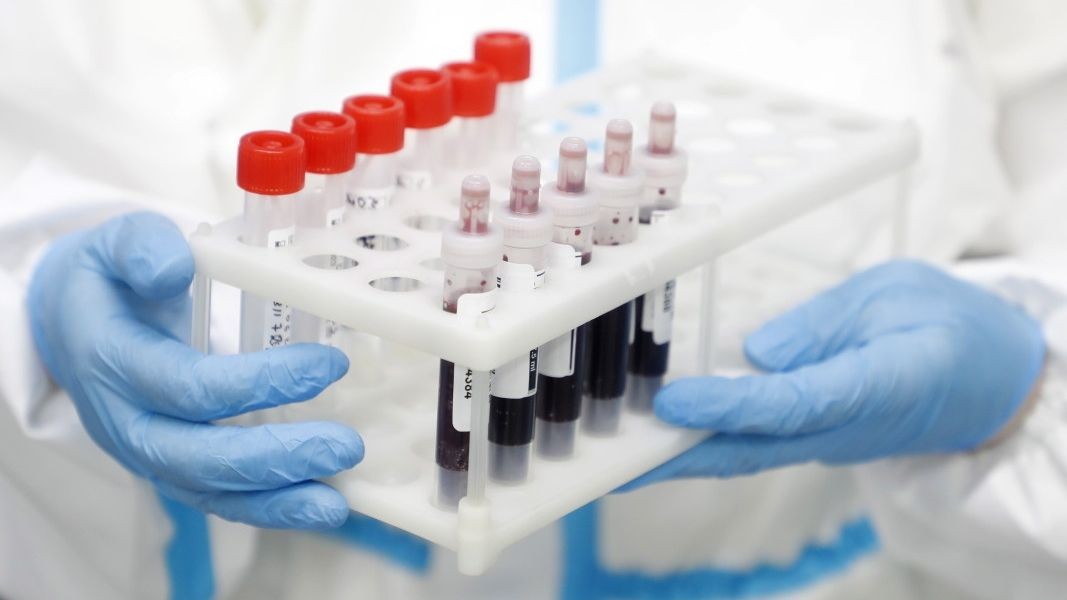 Upon entry into North Macedonia, the citizens of Serbia, Kosovo, Montenegro, and Bosnia and Herzegovina are required to have a negative Covid-19 test, performed no more than 72 hours prior to entry into the country’s territory, as well as a completed declaration indicating the place of accommodation and the duration of their stay. If they are passing in transit within the space of 24hours, then they can cross the border without a PCR test required.
Upon entry into North Macedonia, the citizens of Serbia, Kosovo, Montenegro, and Bosnia and Herzegovina are required to have a negative Covid-19 test, performed no more than 72 hours prior to entry into the country’s territory, as well as a completed declaration indicating the place of accommodation and the duration of their stay. If they are passing in transit within the space of 24hours, then they can cross the border without a PCR test required.
Croatian Democratic Union will form the new government
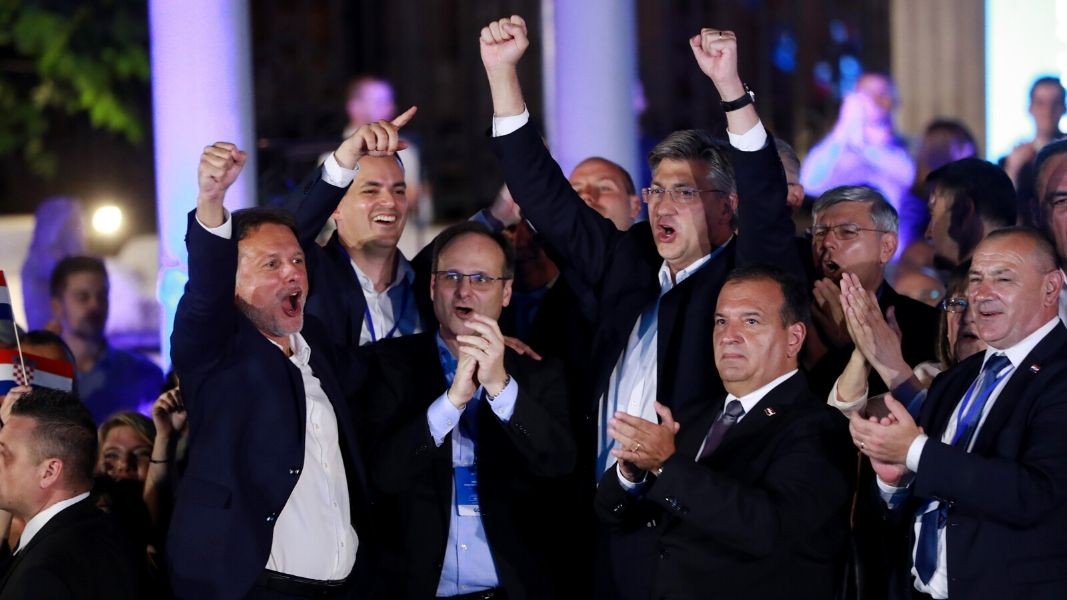 Prime Minister Andrej Plenkovic and the Croatian Democratic Union are the winners of the early parliamentary elections, with 68 MPs in the 151-seat parliament (Sabor). The left-of-centre coalition Restart won only 40 seats. The nationalist Homeland Movement of singer Miroslav Skoro is the third political force, with 16 MPs. Croatian analysts agree that Plenkovic will not be forming a coalition with the nationalists because they will create a problem for the EU. The prime minister will be able to form a new government with his current partner – the right-wing Most, which has 8 MPs elected, mostly in the capital city Zagreb. Alongside the minority votes, and with the support of the Serbs, Plenkovic will have a majority in the Sabor.
Prime Minister Andrej Plenkovic and the Croatian Democratic Union are the winners of the early parliamentary elections, with 68 MPs in the 151-seat parliament (Sabor). The left-of-centre coalition Restart won only 40 seats. The nationalist Homeland Movement of singer Miroslav Skoro is the third political force, with 16 MPs. Croatian analysts agree that Plenkovic will not be forming a coalition with the nationalists because they will create a problem for the EU. The prime minister will be able to form a new government with his current partner – the right-wing Most, which has 8 MPs elected, mostly in the capital city Zagreb. Alongside the minority votes, and with the support of the Serbs, Plenkovic will have a majority in the Sabor.
Romanians are getting offers from Bulgarian Black Sea resorts which they cannot refuse 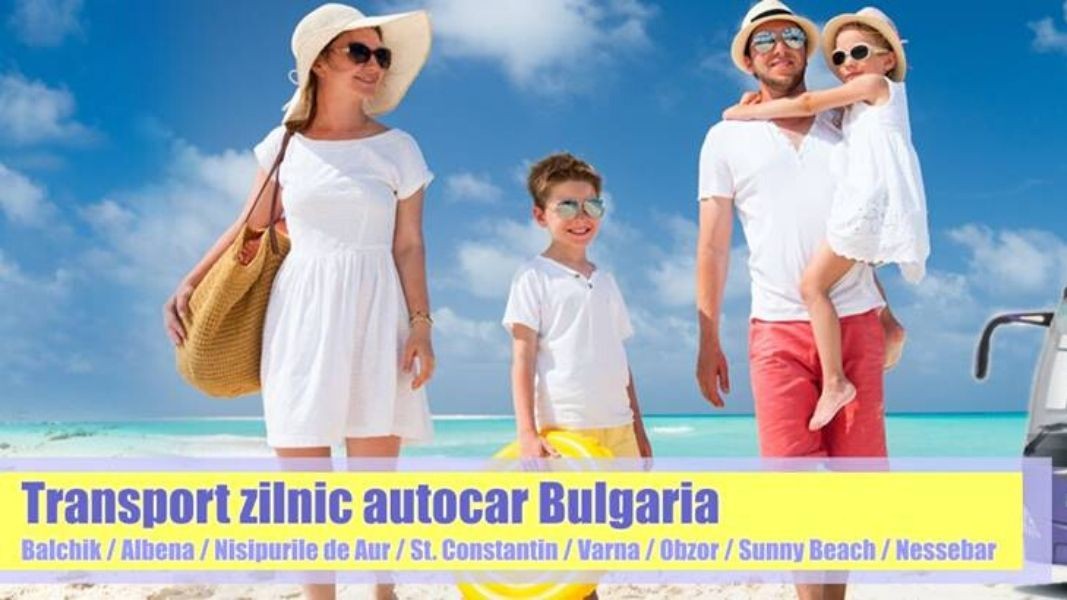 Bulgarian hotel operators have adapted to the pandemic and have been making Romanians offers that are difficult to refuse, says Lucian Badircea, CEO of IRI Travel, the principal Romanian tour operator for Bulgaria. The 45-50% price reductions for 5-star hotels show just how keen Bulgarians are to welcome tourists. The speculations of quarantine if you are coming from Bulgaria, of filling in declarations, of a long wait at the border or that Bulgaria will turn you away are untrue. There has been a fake news campaign for some weeks aiming to scare people away, nevertheless Romanians have been going to the Bulgarian Black Sea coast more and more. We have many tourists who have returned from Bulgaria with positive impressions and satisfied with the way the hotels have organized their anti-coronavirus measures, Lucian Badircea says.
Bulgarian hotel operators have adapted to the pandemic and have been making Romanians offers that are difficult to refuse, says Lucian Badircea, CEO of IRI Travel, the principal Romanian tour operator for Bulgaria. The 45-50% price reductions for 5-star hotels show just how keen Bulgarians are to welcome tourists. The speculations of quarantine if you are coming from Bulgaria, of filling in declarations, of a long wait at the border or that Bulgaria will turn you away are untrue. There has been a fake news campaign for some weeks aiming to scare people away, nevertheless Romanians have been going to the Bulgarian Black Sea coast more and more. We have many tourists who have returned from Bulgaria with positive impressions and satisfied with the way the hotels have organized their anti-coronavirus measures, Lucian Badircea says.
Compiled by Ivo Ivanov
Prime Minister of North Macedonia: We will not give up on EU membership but we will not be kneeling down Assessing the first 100 days of his cabinet, North Macedonian Prime Minister Hristijan Mickoski reported that the..
Albania to start substantive EU accession negotiations on 15 October The EU's permanent representatives in Brussels have unanimously decided to open accession negotiations with Albania. The process will start on 15 October with an EU-Albania..
From today, 27 September, Bulgaria is once again in a 30-day election campaign. 28 parties and 11 coalitions have registered with the Central Election Commission to take part in the next early parliamentary elections, and 19 parties and 9 coalitions..
''If the Constitution is not amended, there is no point in holding another election under the same rules and with the same bought, controlled and..

+359 2 9336 661
